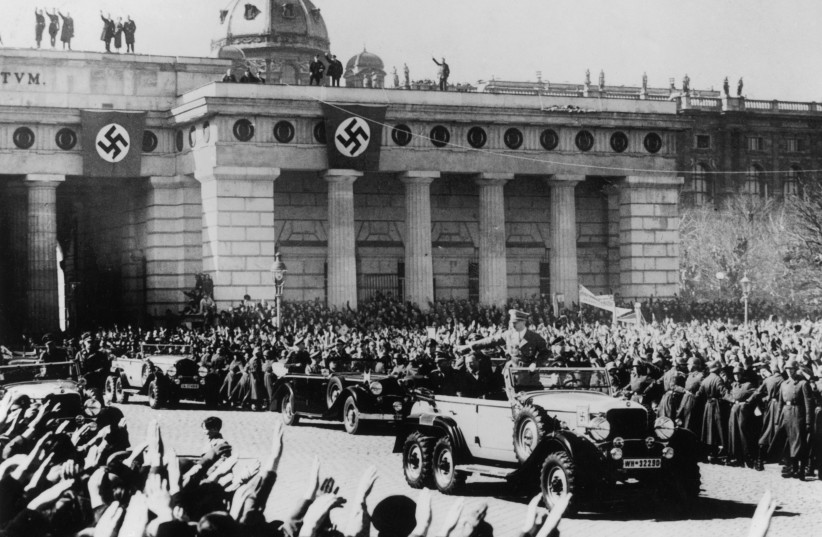Five Belgian soldiers are currently under investigation for offenses including Holocaust denial, glorification of Nazi ideologies, and spreading hate speech, as reported by The Brussels Times. This troubling discovery follows an in-depth investigation initiated by Belgium’s State Security services in 2021.
According to the report, concerns were initially raised when one of the soldiers participated in a shooting course in Poland conducted by an organization suspected of far-right affiliations. Though initial suspicions of a potential terrorist plot were eventually dismissed, the investigation unearthed a disturbing pattern of behavior among the five soldiers.
Communicating through various digital platforms like Messenger, Telegram, WhatsApp, and even the dark web, these individuals were found to be part of group chats with names such as ‘Auschwitz’ and ‘Hitler did nothing wrong’. Their exchanges reportedly included xenophobic, Islamophobic, and antisemitic remarks, as well as violent videos. Some even went as far as filming themselves performing Hitler salutes and drawing swastikas within army barracks.
In light of these findings, the Belgian Army has suspended the soldiers pending the outcome of court proceedings. An army spokesman emphasized to The Brussels Times the gravity of the situation, stating that if found guilty, these individuals could face severe disciplinary actions, including potential expulsion from the military.
Growing antisemitism in Europe

This incident highlights a growing concern across Europe regarding the resurgence of far-right ideologies and hate speech, especially within military and security forces. The Belgian Army, along with other European military institutions, is now under scrutiny for how it handles such extremist behavior within its ranks.
